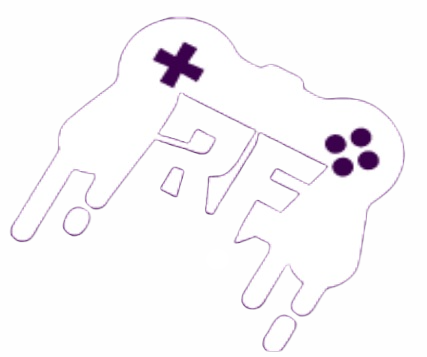Skullgirls, the popular indie fighting game developed by Hidden Variable Studios, has undergone significant content revisions. These changes aim to address concerns surrounding the sexualization of minor characters, the presence of Nazi iconography, and racial stereotypes within the game. In this article, we will delve into the details of these revisions, examining the motivations behind them and the impact they have had on the gaming community.
In an official statement released on the Skullgirls forum, Director Charley “MightyZug” Price outlined the reasons behind the content revisions. Hidden Variable Games, the developer of Skullgirls, expressed their commitment to aligning the game’s content with their values and ensuring that it remains inclusive and respectful to all players. The revisions primarily focus on removing or altering elements that have been deemed exploitative, offensive, or inappropriate.
Addressing Hate Symbols and Racial Stereotypes
One of the key revisions involves the removal of any references to real-world hate groups, such as Nazi iconography. The designs of the Black Egrets, a group within the game, have been modified to eliminate any visual similarities to hate symbols. Additionally, racial references in certain character story modes, like Big Band’s, have been adjusted to avoid perpetuating racial stereotypes.
Addressing Sexualization and Exploitation
Another significant aspect of the content revisions is the reduction of sexualization and exploitation, particularly concerning minor characters. Filia, a 16-year-old character, had explicit artwork and scenes that were deemed inappropriate. The revisions have aimed to make the art less exploitative without altering the narrative or character development. Adjustments to character designs and palettes ensure that sexualization is toned down while still allowing characters to confidently express their sexuality.

The Impact on Gameplay and Artwork
While the revisions primarily focus on artwork and visual elements, some changes have been made to gameplay features as well. In Skullgirls Mobile, variant palettes for certain characters, including Filia and Parasoul, have been adjusted to align with the revised artistic direction. These changes aim to create a more balanced and inclusive gaming experience for all players.
The content revisions have led to several artwork adjustments across different aspects of the game. In the Gallery section, specific illustrations and posters that were deemed inappropriate or offensive have been removed. These include artwork featuring sexually explicit or fetishized depictions of characters. The adjustments also extend to the official art used for promotional materials, such as the initial download screens and Prize Fight art illustrations.
Community Reactions and Controversy
The content revisions for Skullgirls have generated a range of reactions within the gaming community. Some players commend the developer’s efforts to address issues of sexualization and offensive content. They appreciate the commitment to inclusivity and the consideration given to the potential impact on vulnerable players, particularly minors. Others, however, perceive these revisions as unnecessary censorship, arguing that the original content was part of the game’s artistic expression.
The content revisions have not been without their share of criticism. Negative reviews and backlash on platforms like Steam have accused the developers of censorship.
Some players express concerns about the removal of certain content from the digital artbook without any form of compensation for those who purchased it. Others argue that the revisions have “sanitized” the game, stripping away elements that had been present for over a decade without causing controversy.
My Take
Some elements of the game like the Nazi iconography was defiantly problematic but a complete purge is a complete overreaction to the situation. Developers should speak with community members to find a middle ground.

